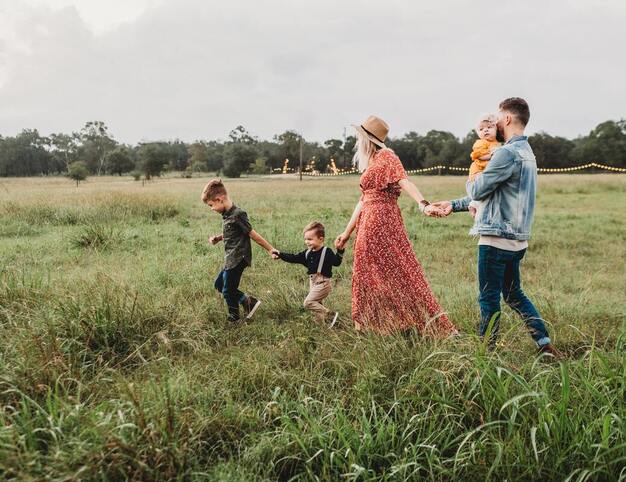|
By Associate Attorney Danielle Nodar Who Inherits My Property? As mentioned in the previous article in this series, you are deemed to have died “intestate” if you die without a will. North Carolina’s Intestate Succession Act is the default law that kicks in if you pass away without a will. It names which of your surviving family members are considered your legal heirs in North Carolina (spoiler alert! Not step kids or “common law spouses”) and the order in which they will inherit.
Only the assets that could have passed through a will are governed by this law. These assets are known as a person’s probate property, which is usually all of the assets that a person owns in their individual name and assets that do not pass via beneficiary designations. Some examples of non-probate assets not commonly governed by the intestate succession laws are life insurance, retirement accounts, jointly owned property with rights of survivorship, securities with named beneficiaries, and Pay on Death or Transfer on Death accounts. However, there could be circumstances where these non-probate assets could become part of your probate estate and thus subject to the intestate succession laws, such as if a named beneficiary predeceases you and there is no back-up named or you fail to designate a beneficiary in the first place. The most common misconception surrounding intestate succession is that your spouse will inherit everything if you pass away without a will. This is sometimes not the case if you have probate property and are survived by your spouse, children, or parents. For example, if you do not have a will and are survived by a spouse and one child (or grandchildren, if that one child is deceased), in addition to receiving the spousal allowance, your surviving spouse takes the first $60,000 of your personal property, ½ of your real property, and ½ of whatever remains of your personal property while the child inherits the remainder. If you are survived by a spouse and more than one child (or grandchildren in the event of predeceased children), the spouse inherits 1/3 of your real estate, the first $60,000 of personal property, and 1/3 of whatever remains of the personal property. Your children will evenly split the remaining 2/3 of your personal property and 2/3 of your real estate. If you do not have children but are survived by a spouse and parent(s), your spouse will inherit ½ of your real property, the first $100,000 of your personal property, and ½ of the remaining balance of your personal property. Your parent(s) will inherit ½ of your real estate and any personal property remaining after the spouse’s share. Thus, without a will, you do not have full control over where your probate property will go at your death. You may be inadvertently leaving property to people with whom you do not have a close relationship or to family that does not need your assets. You could also be leaving a headache instead of an inheritance if heirs do not get along. For example, if you have a spouse and a child from a previous relationship, they could potentially become joint owners of real estate. If they do not agree on what to do with the property, court procedures may be necessary in order to sell and divide assets. You could also be leaving a family member in need if you do not have a will. For example, if you have a spouse and minor children, you may want your spouse to inherit all of your assets to be able to more easily take care of your children and not leave real estate to minor children. If you have questions about intestacy in North Carolina, drafting a will, or ensuring that your wishes regarding your property are honored once you pass away, please call Jesson & Rains.
0 Comments
Your comment will be posted after it is approved.
Leave a Reply. |
Subscribe to our newsletter.AuthorKelly Rains Jesson Categories
All
Archives
July 2024
|
|
SERVICES |
SUPPORT |
©Jesson & Rains, PLLC ALL RIGHTS RESERVED.


 RSS Feed
RSS Feed

